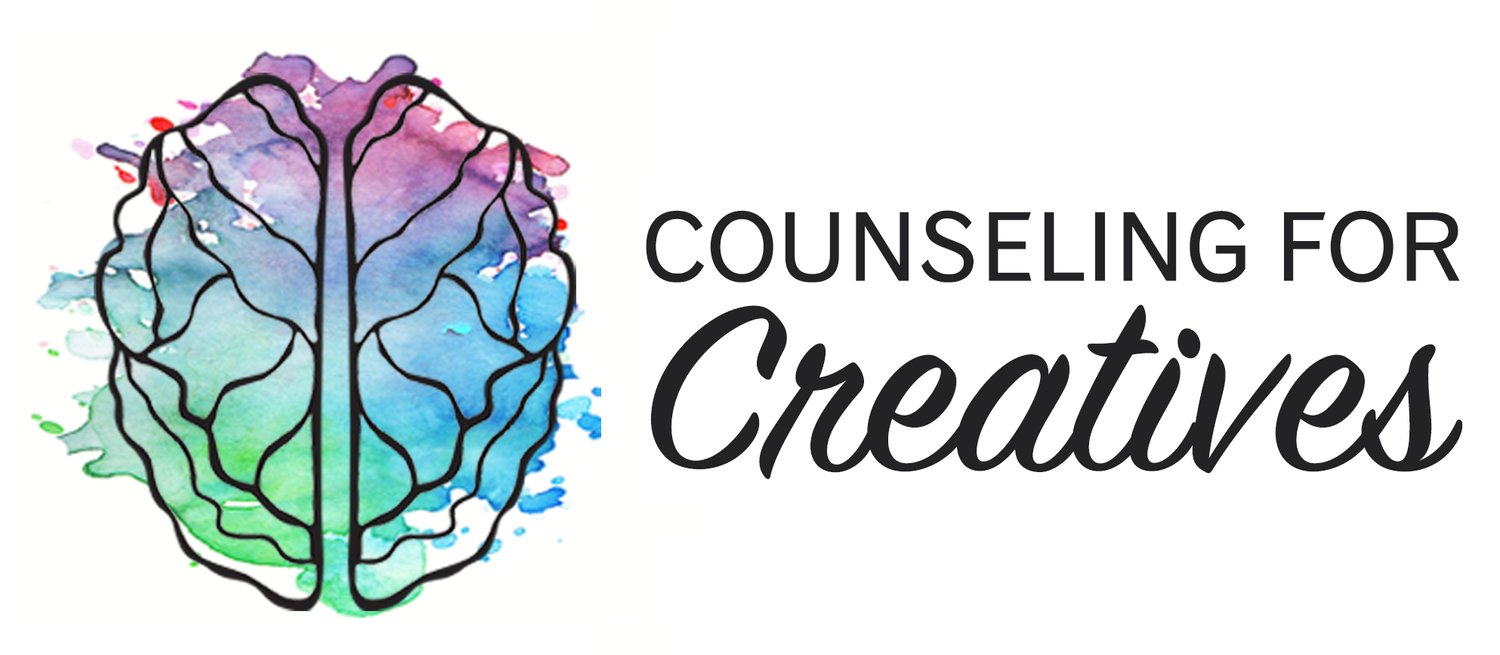The art of saying no
A lot of my clients say they have trouble saying “no” to others. It makes sense when you're a sensitive, empathic, creative, soul - you want to help any way you can and you want to make people feel better. But never saying “no” is totally energy sucking and sometimes you're doing it for the wrong reasons.
If you find your days are usually filled with a bunch of things you wish you hadn’t agreed to do, leaving you exhausted and filled with resentment, then you may want to think about where you want to start saying "no".
How do you figure that out? Try asking yourself these questions:
A lot of my clients say they have trouble saying “no” to others. It makes sense when you're a sensitive, empathic, creative, soul - you want to help any way you can and you want to make people feel good. But never saying “no” is totally energy sucking and sometimes you're doing it for the wrong reasons.
If you find your days are often filled with a bunch of things you wish you hadn’t agreed to do, leaving you exhausted and filled with resentment, then you may want to think about where you could start saying "no".
How do you figure that out?
Try asking yourself these questions:
Does it feel like a burdensome obligation, rather than an enthusiastic yes?
Do I feel like I couldn’t possibly say no because of what the other person might think of me or how they might feel, BUT the idea of doing the thing makes me feel overwhelmed, overworked, or under-appreciated?
Do I want to say yes just to get someone off my back rather than deal with possible conflict or set a healthy boundary?
Do I realistically have enough time in my schedule to do this?
Could I say "no" now and "yes" later if i wanted to?
Could this person actually manage this on their own or find someone else to help?
If I do this, what are my expectations about what I’m going to receive in return? If I get nothing, perhaps not even a “thank you”, am I ok with that?
Sometimes it's difficult to answer these questions. You might not know exactly how you feel or what you really think. If this is you, I want to let you in on a little secret:
It’s ok to wait.
You have every right to say, “Let me think about it and get back to you.” Give yourself time to think it over. Journal about it. Talk to a friend. Then decide how you’ll answer.
When you do say no, remember this - one of my most favorite quotes my own therapist told me years ago:
"No" is a complete sentence.
It doesn't require an explanation.
When you're not used to saying no, anxiety will probably rear its ugly head when you try. You might feel the need to over explain your situation or reasoning. But you can say no without making excuses, apologizing, or defending yourself. Any of these simple sentences could work:
"No."
"I'd love to, but no."
"I can't, I'm booked up right now."
"I don't think it's healthy for me to do that."
"I feel for you, but I'm not able to help out at the moment."
Some people, especially people who are used to you rescuing them, might get upset when you respond this simply. Most people, however, will accept it and move on. Bonus: You'll probably find that people respect you more when you're discerning with your time and energy, and don't always jump to help everyone out.
Now don't get me wrong, being helpful is good! But neglecting yourself and your needs to the point where you're spent and angry at everyone is not. Take care of yourself and you can take better care of others.


